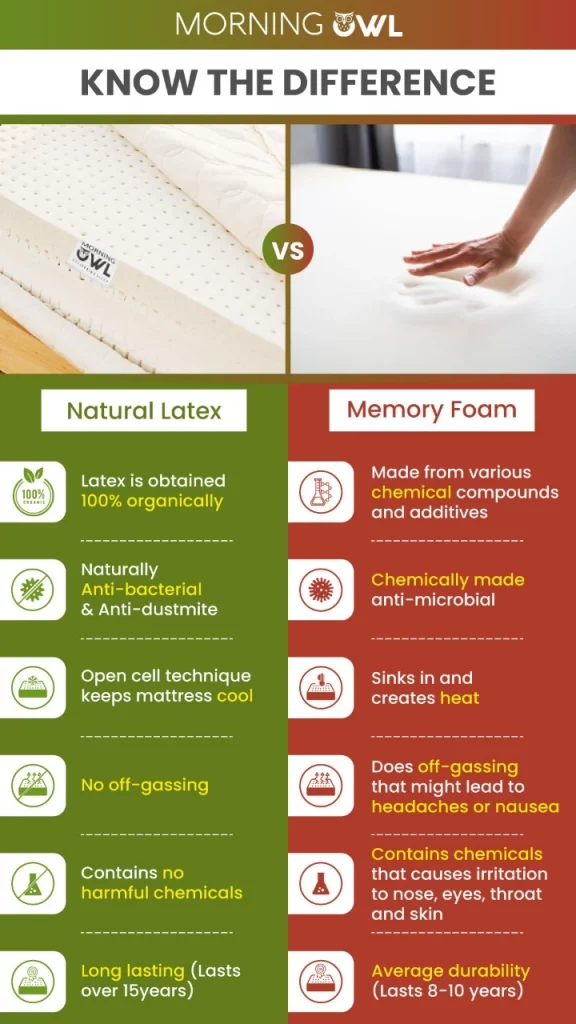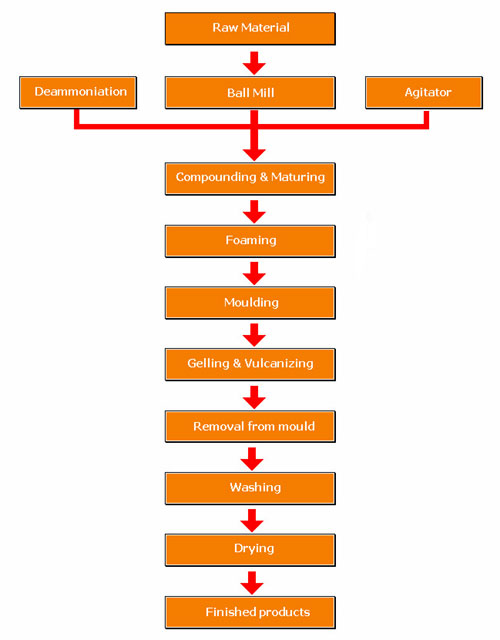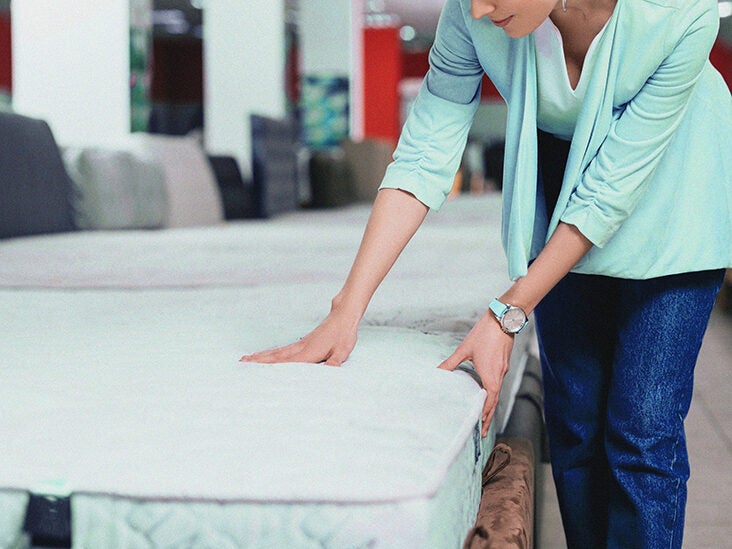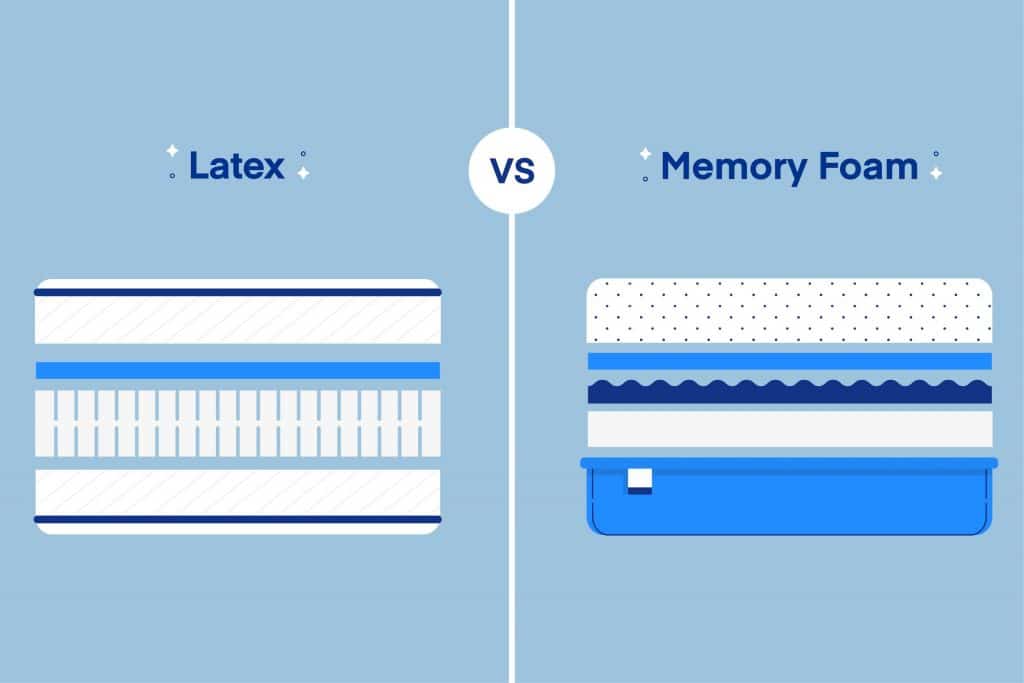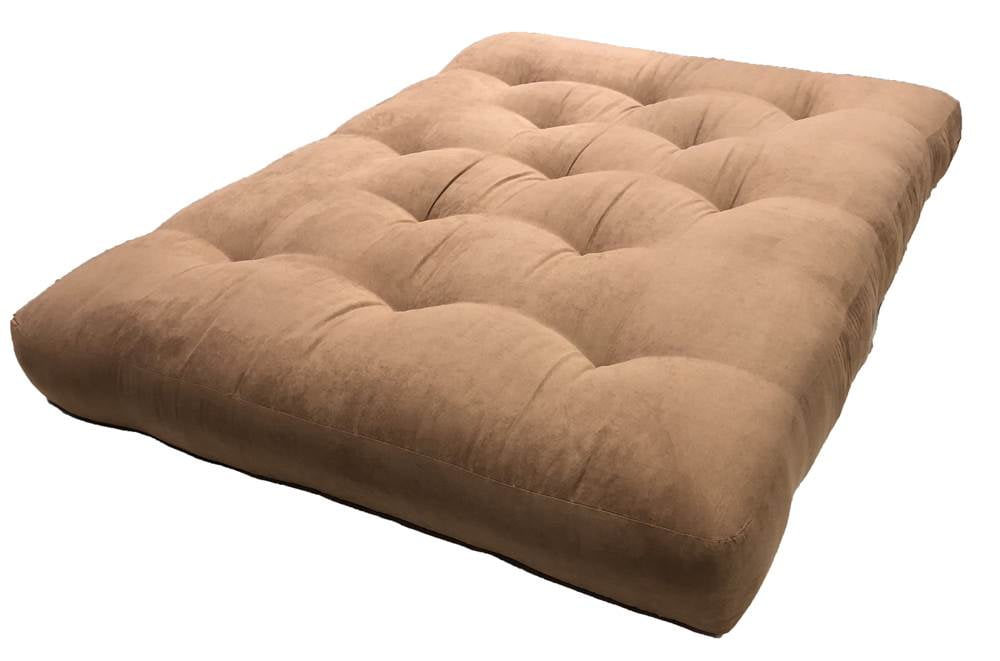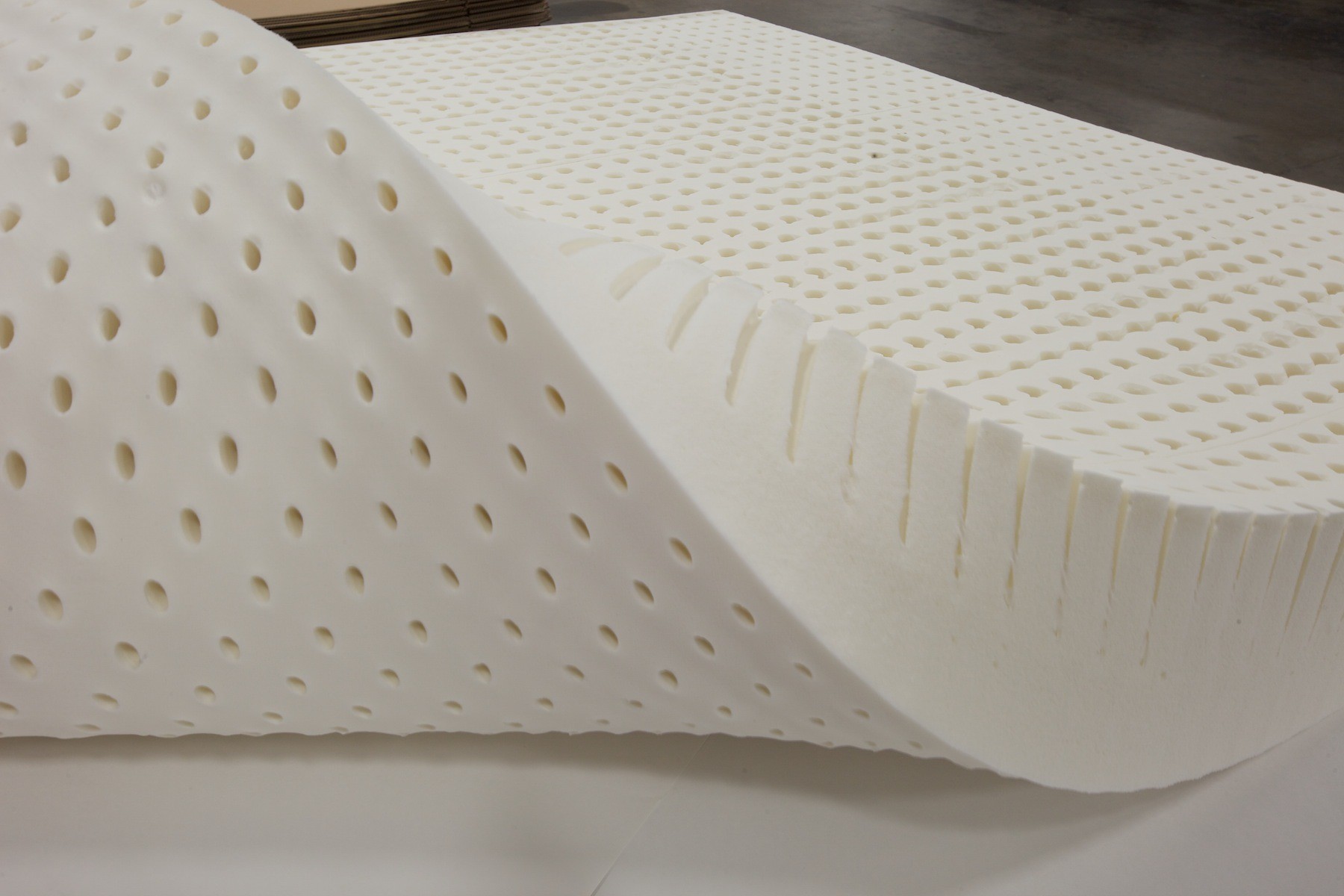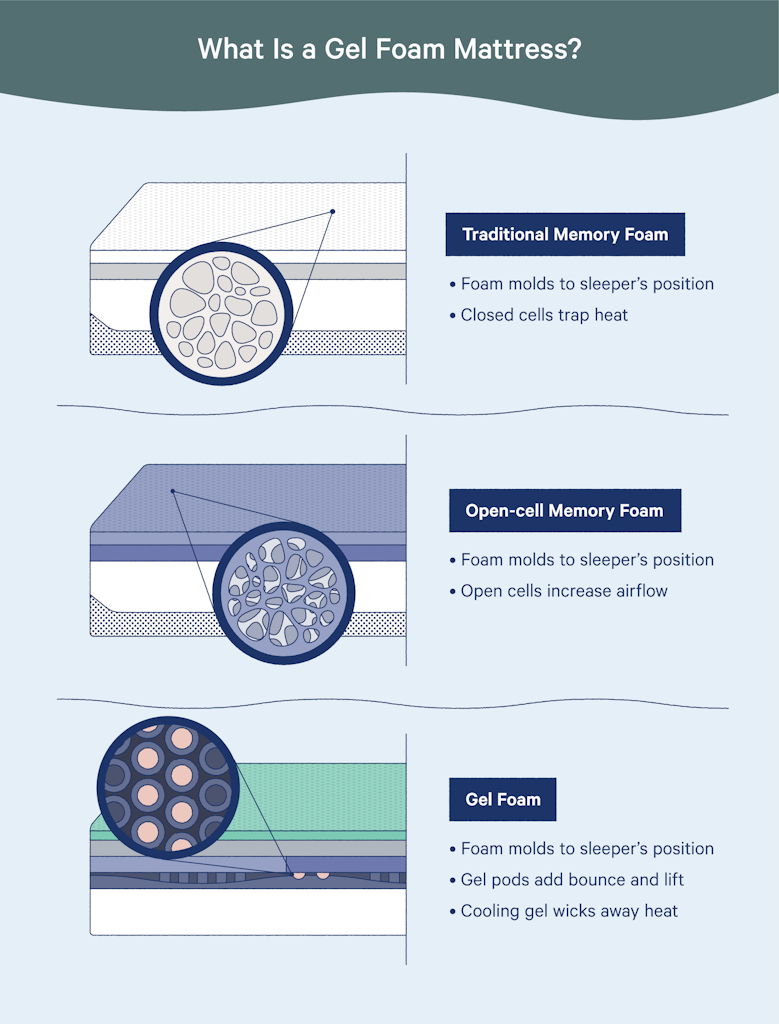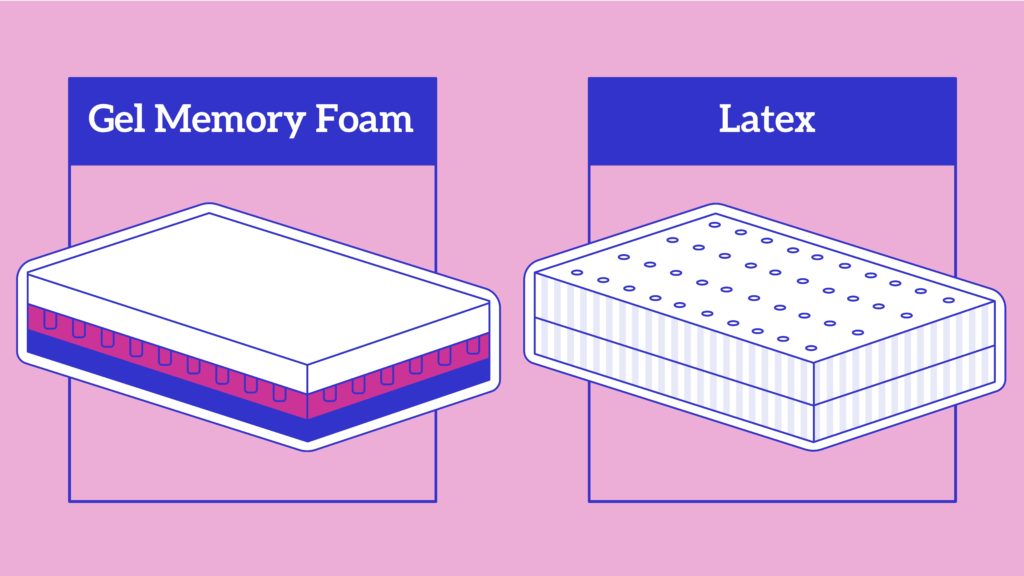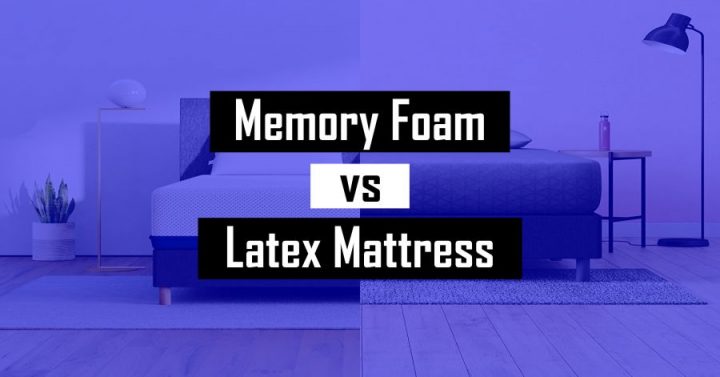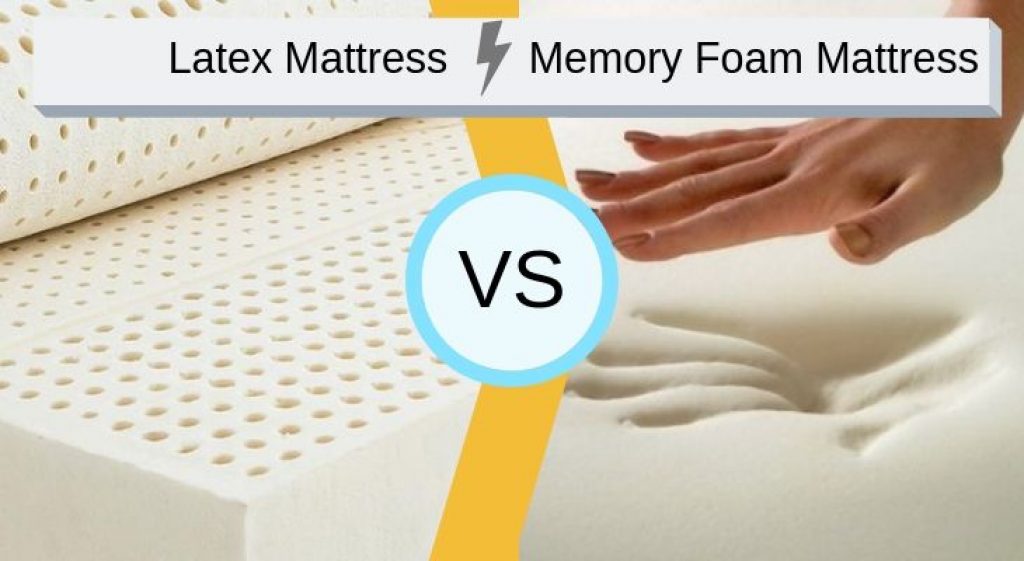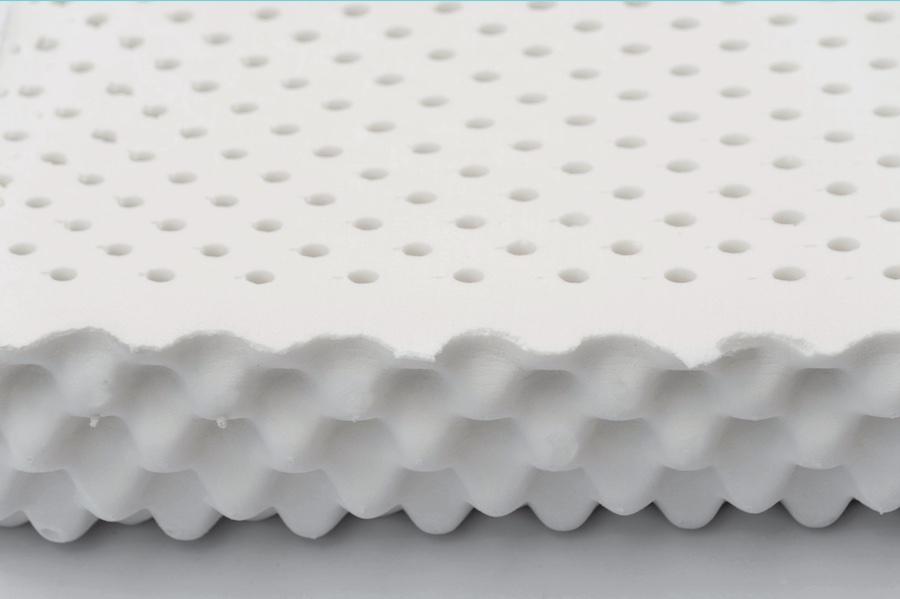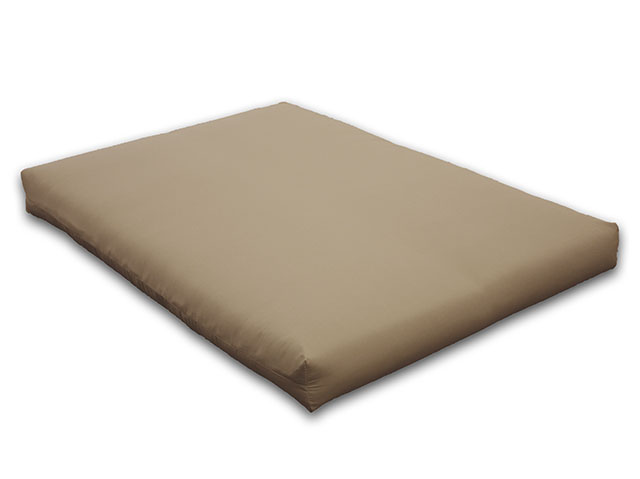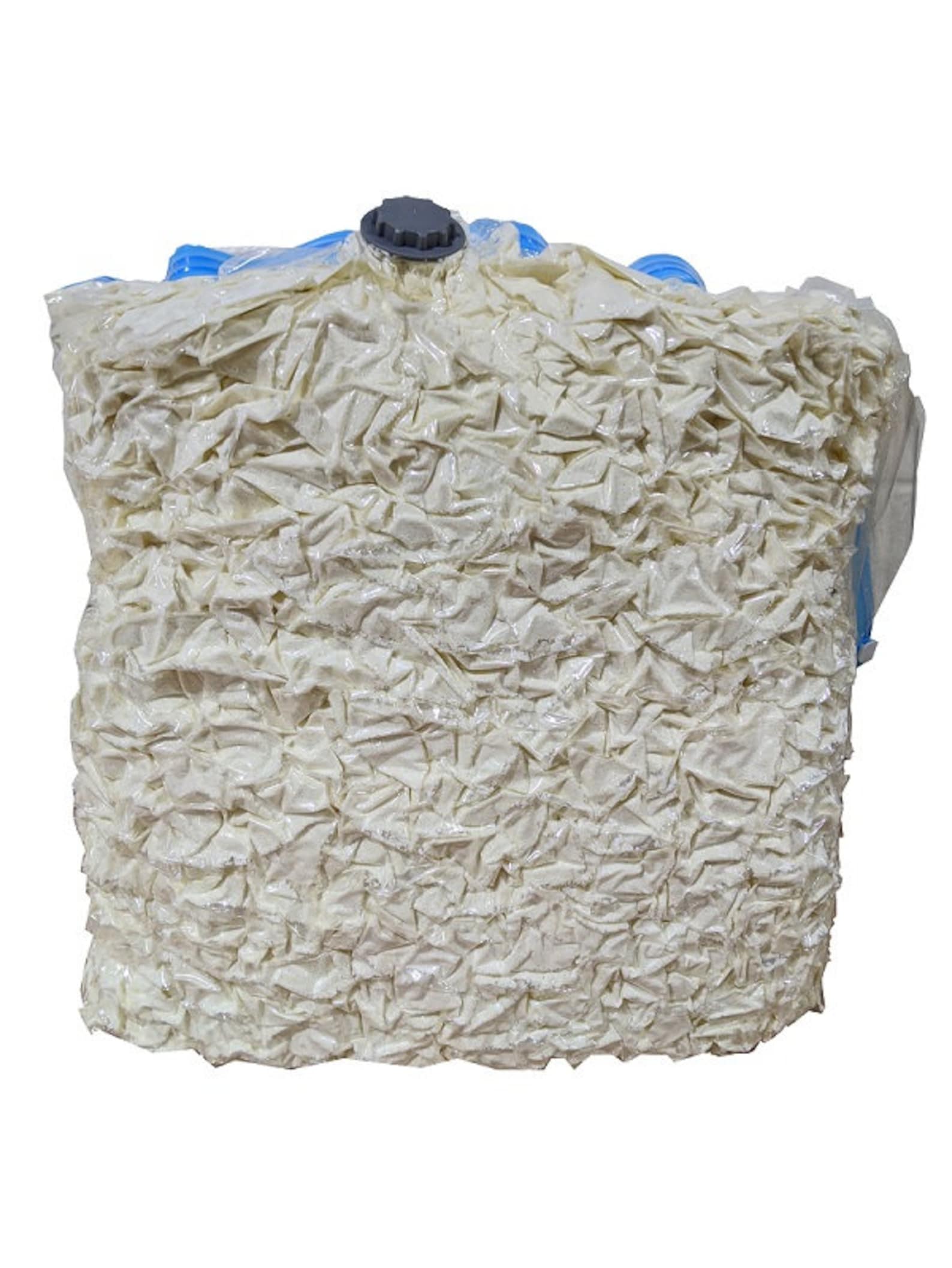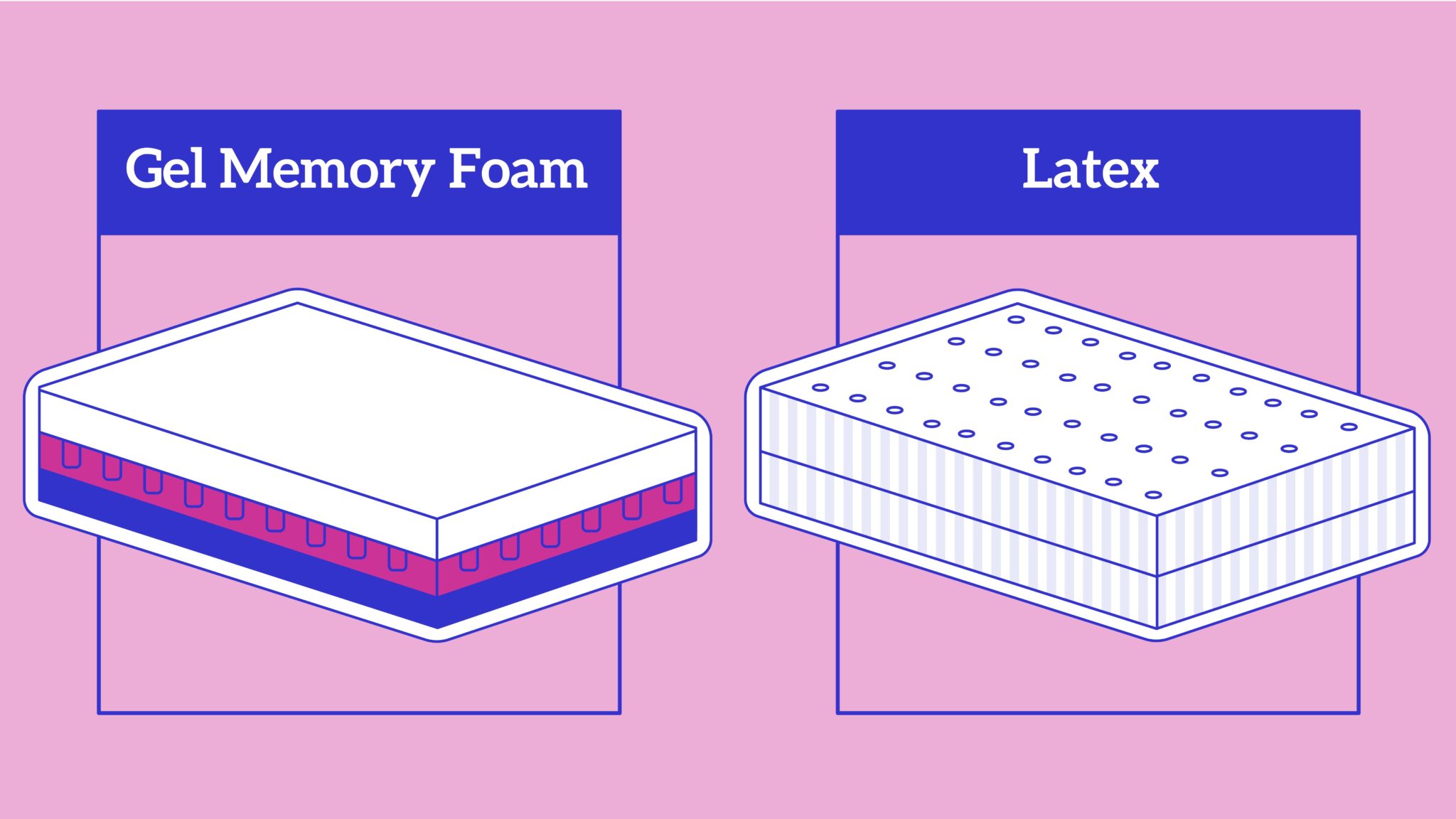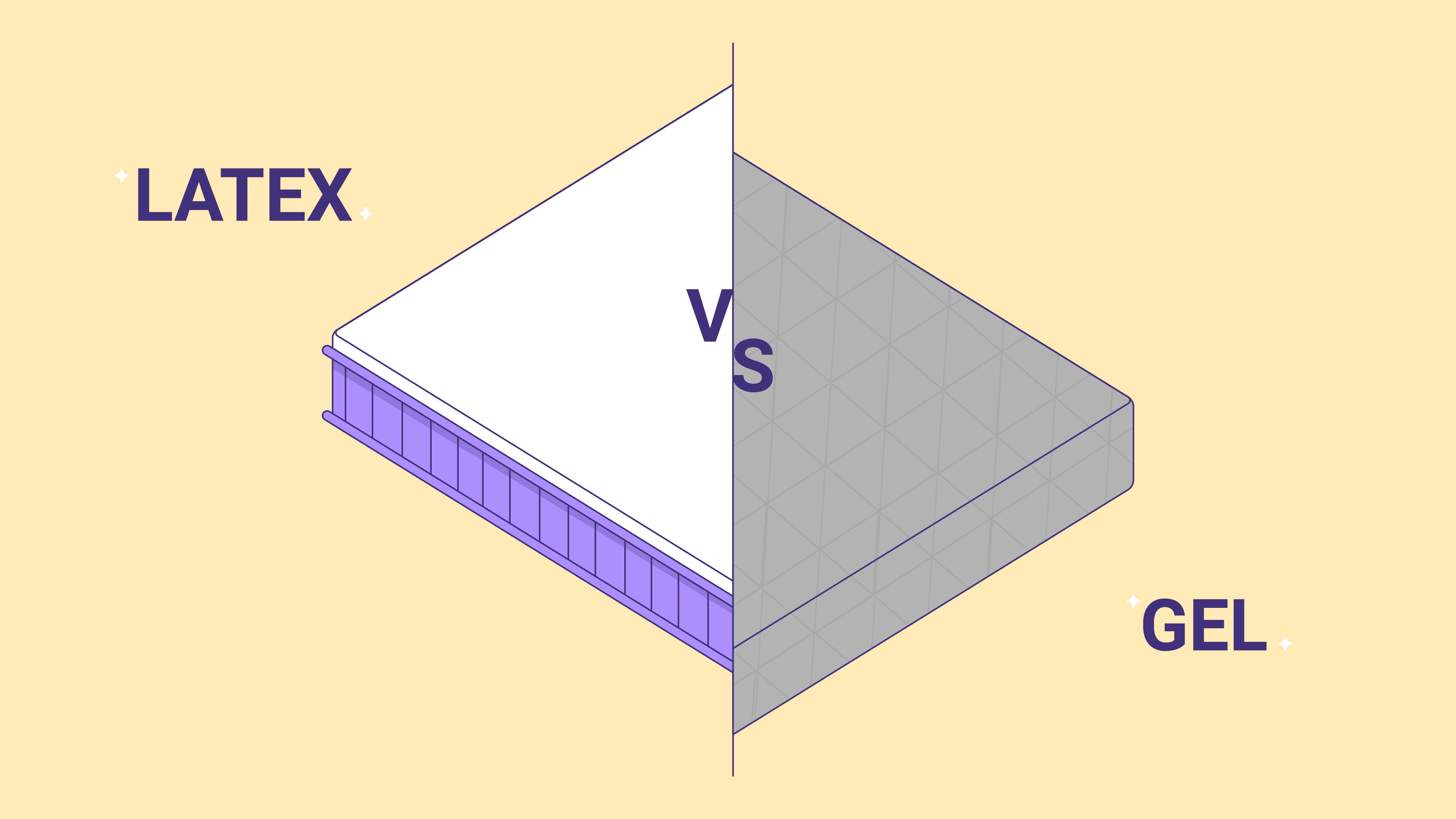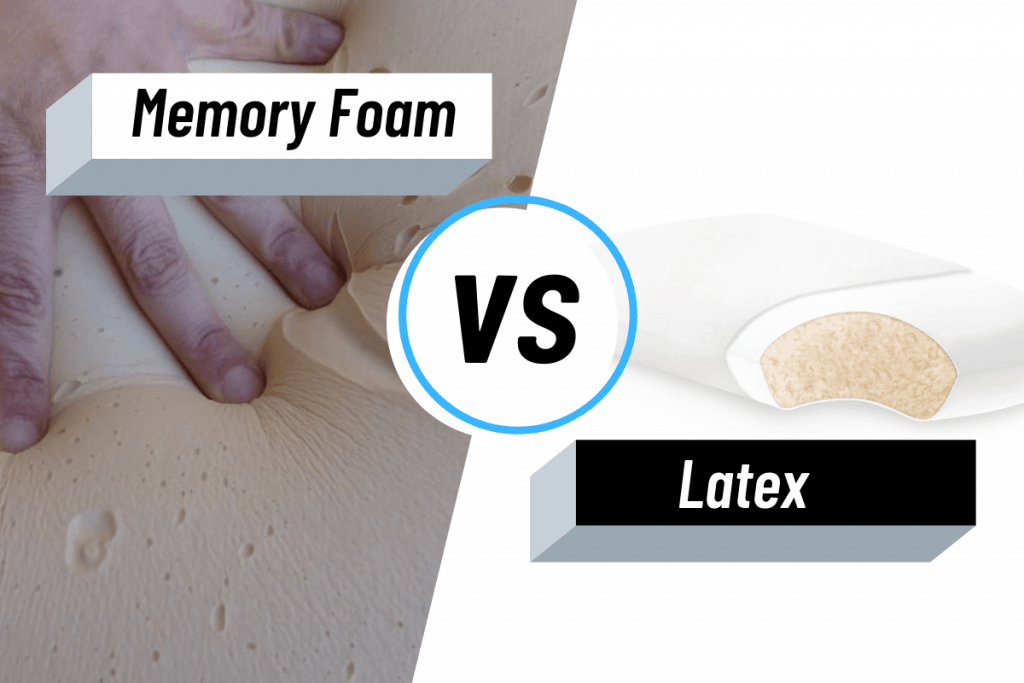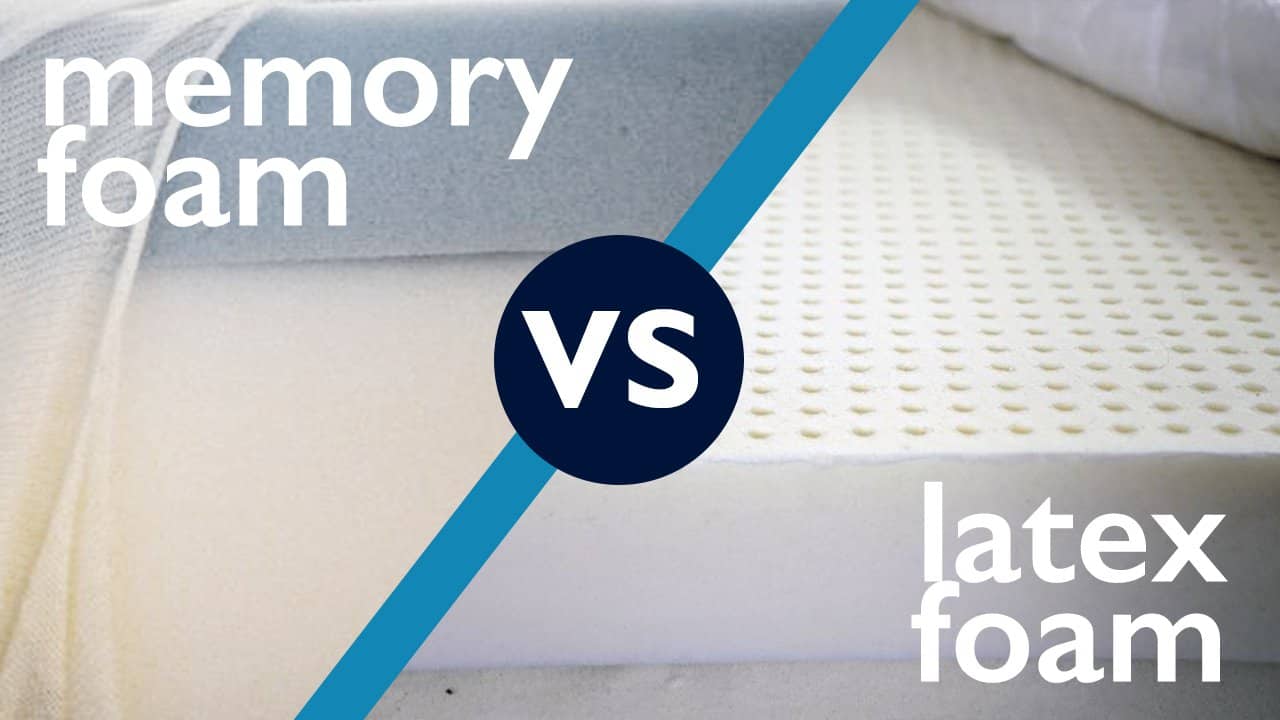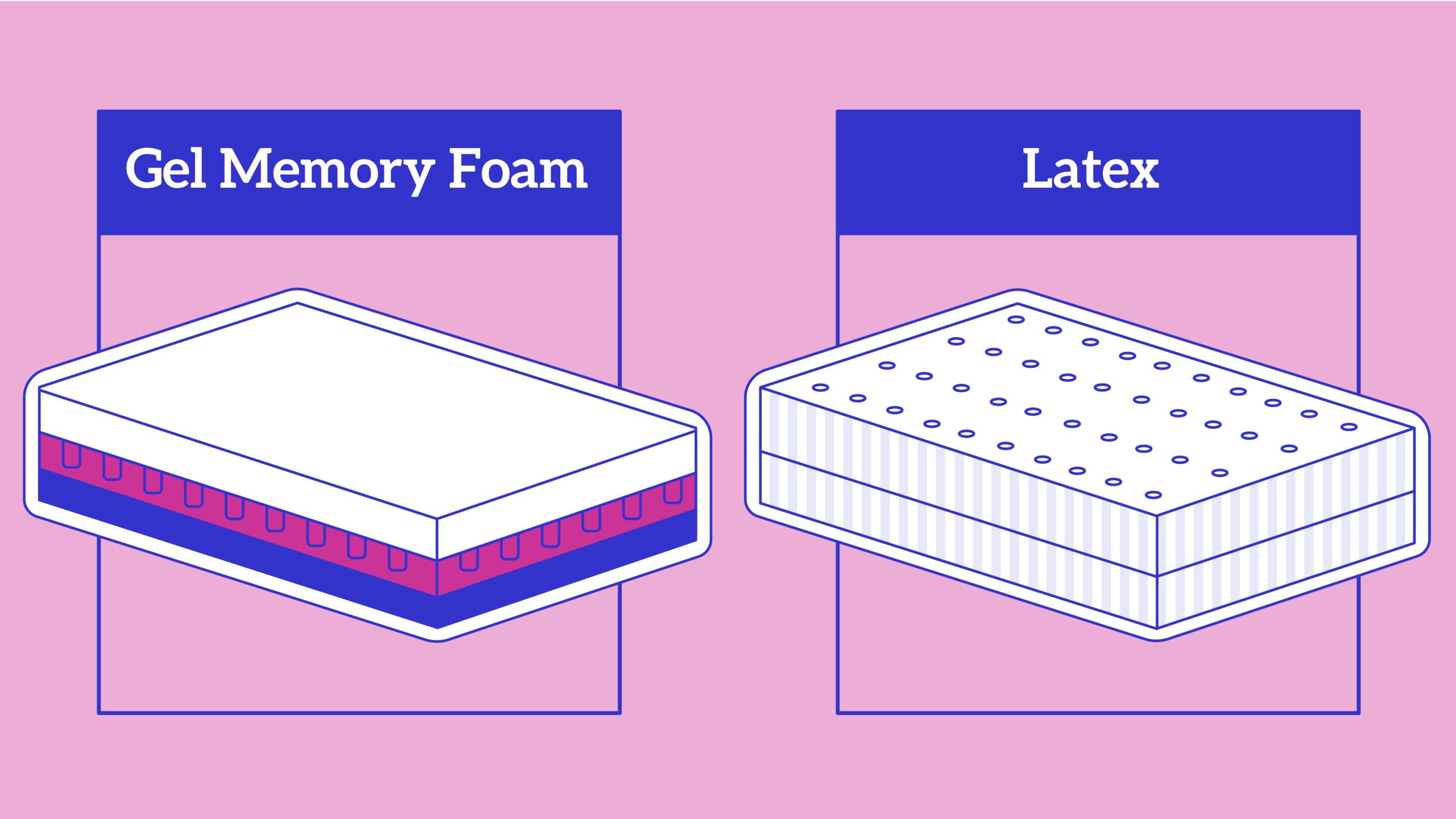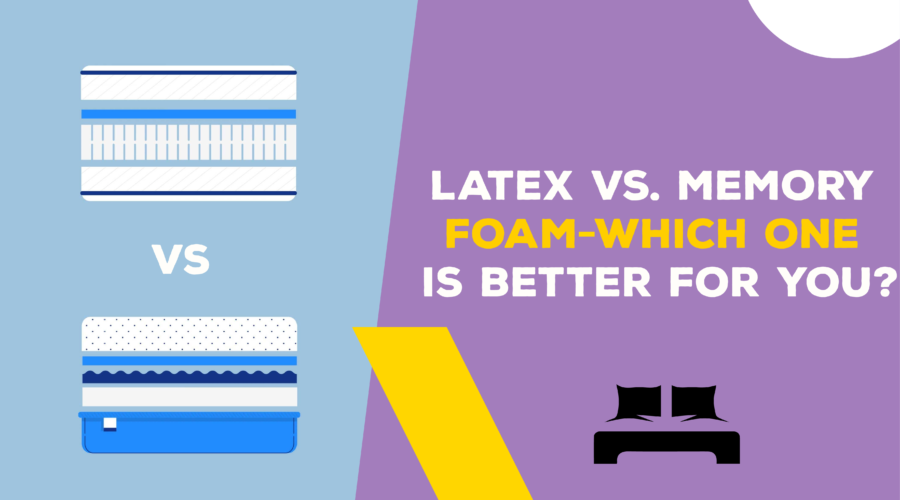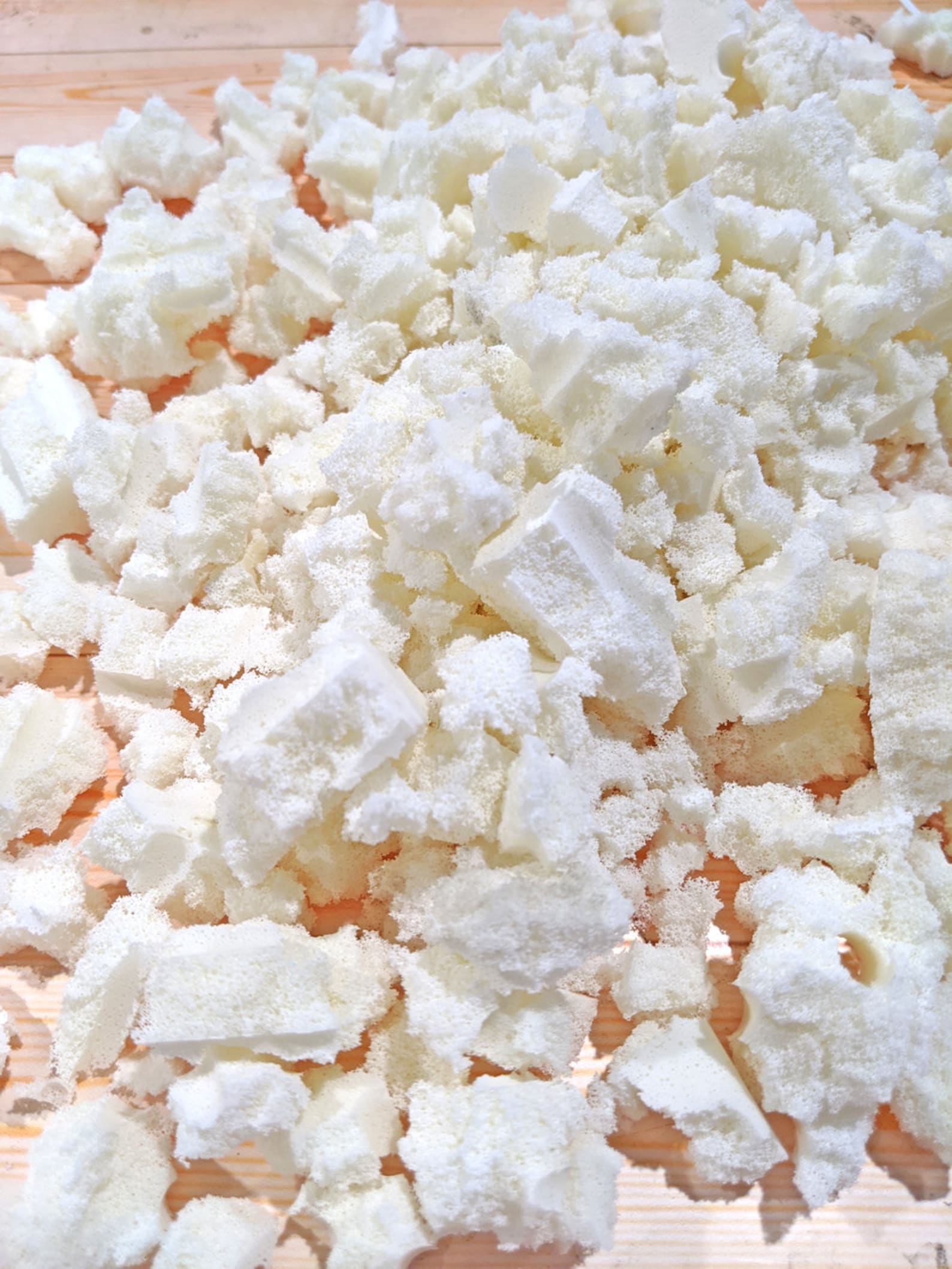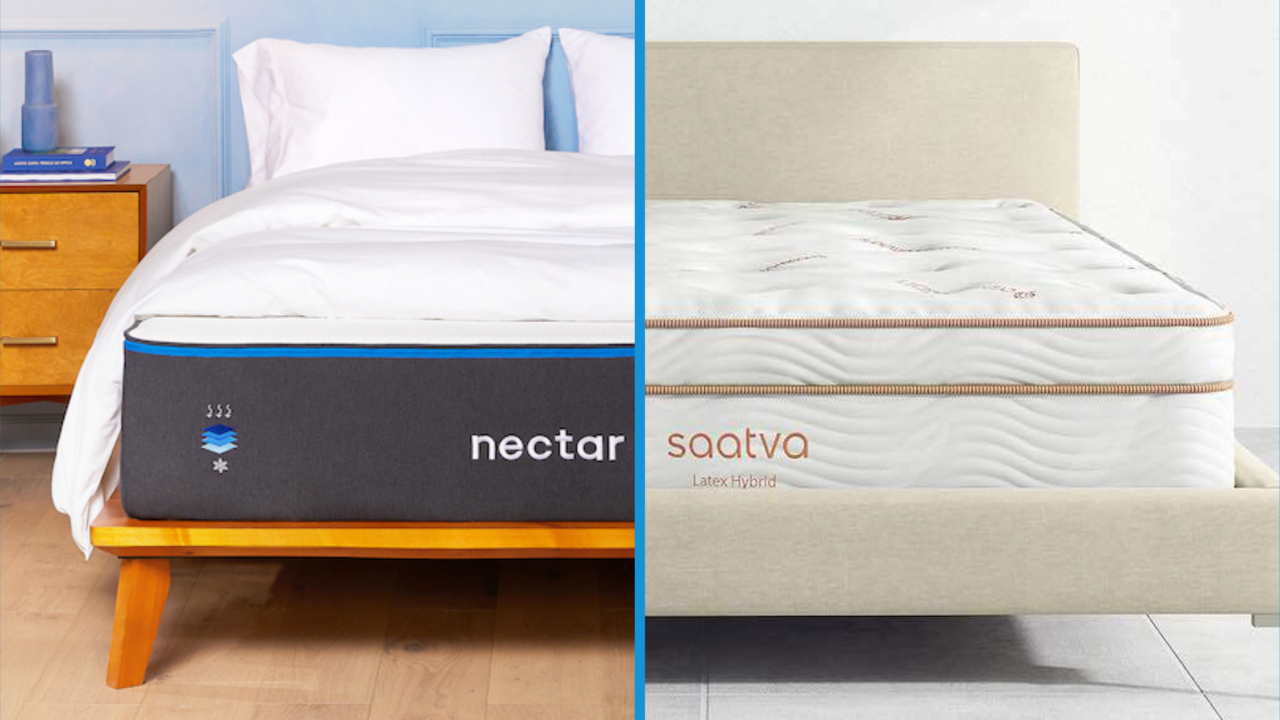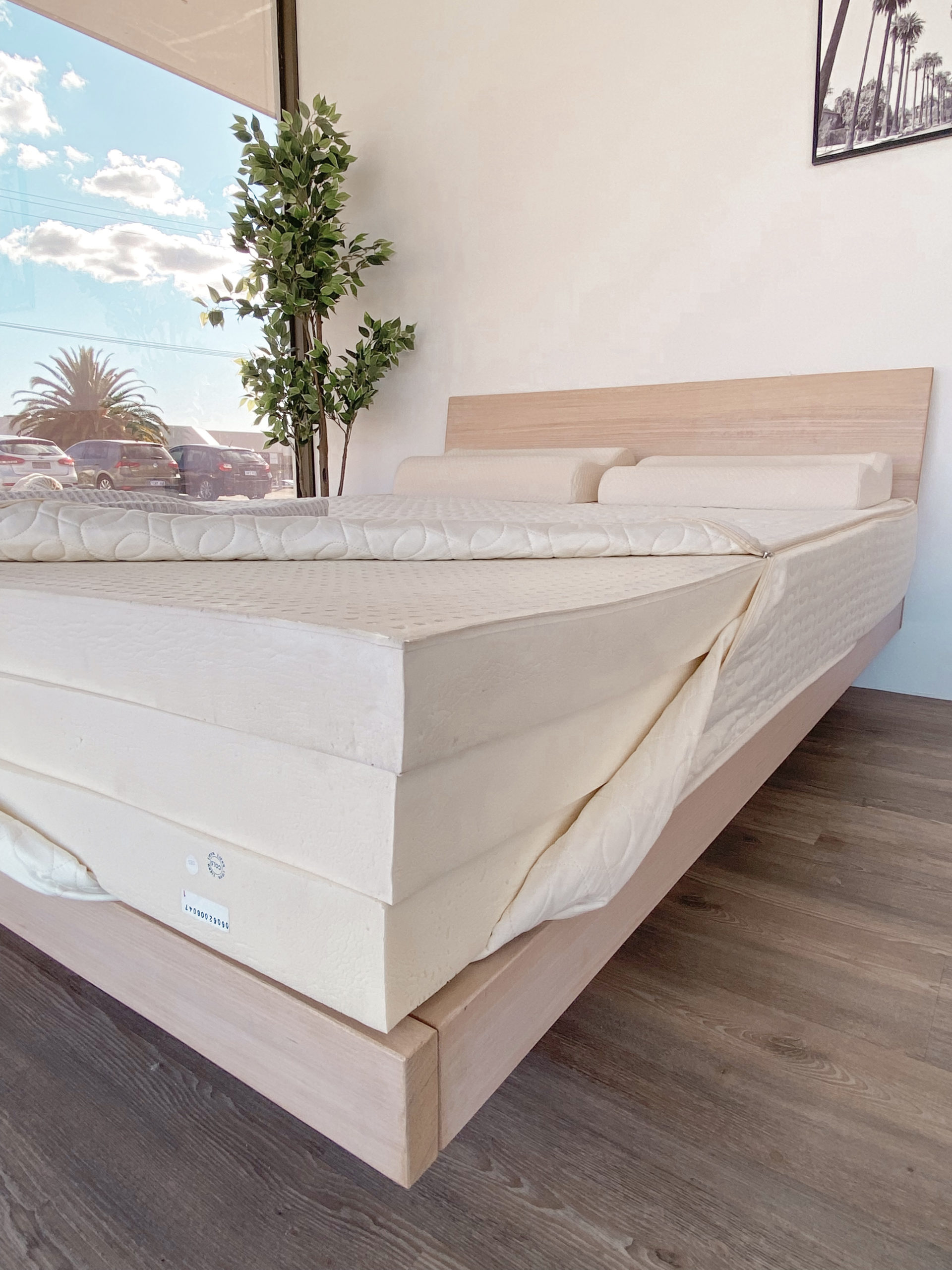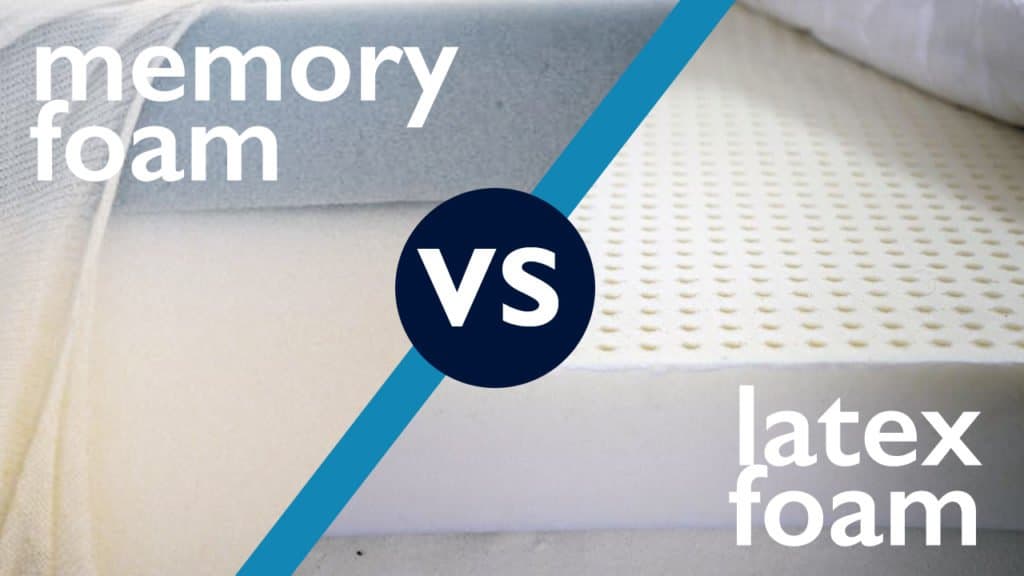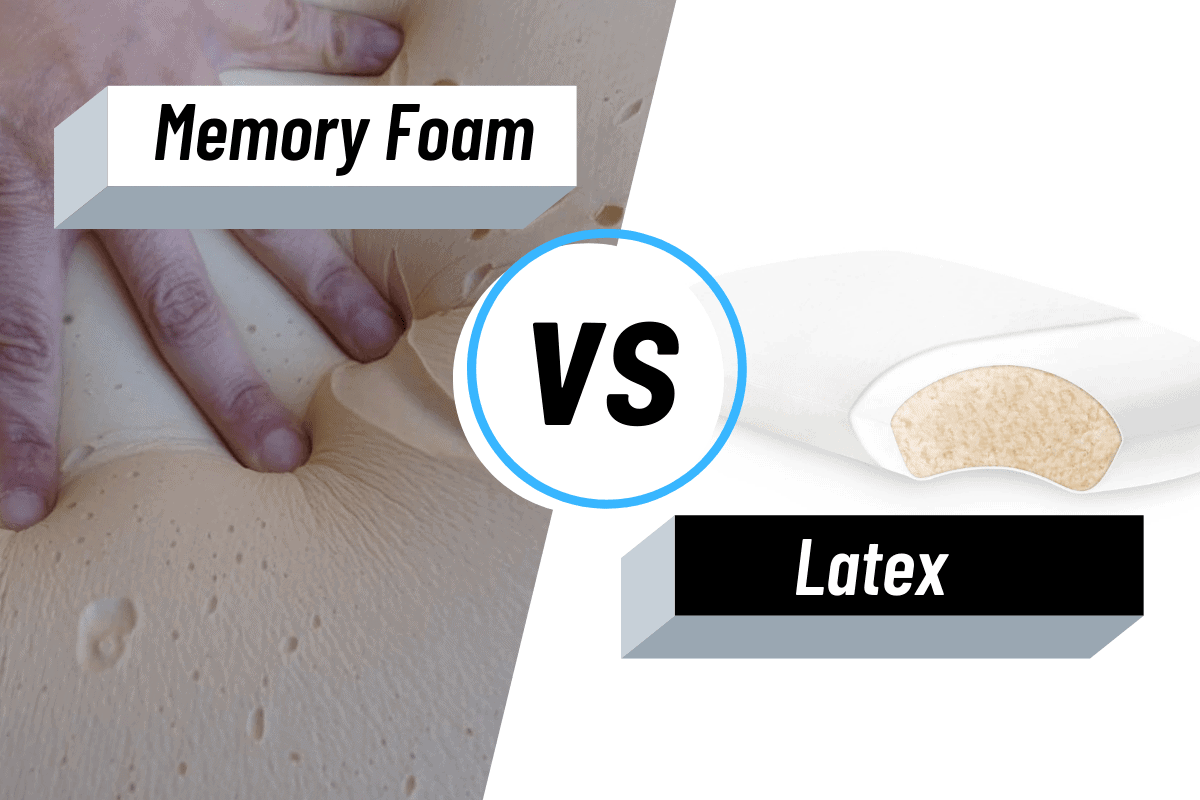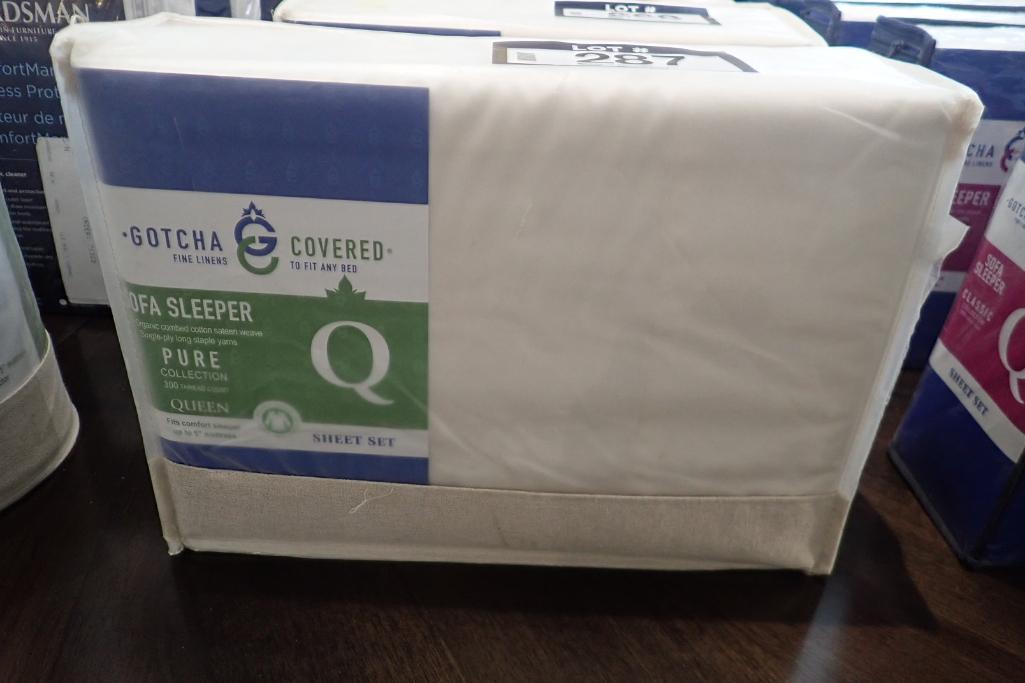Foam Futon Mattress vs Latex: Which is Better?
Choosing the right mattress for your home can be a daunting task. With so many options available in the market, it can be overwhelming to decide which one is the best for you. In this article, we will be comparing two popular mattress materials - foam futon and latex - to help you make an informed decision.
Foam vs Latex: Which is the Best Mattress Material?
Before we dive into the pros and cons of each material, let's first understand what foam futon and latex mattresses are made of. Foam futon mattresses are made of layers of polyurethane foam, while latex mattresses are made of natural or synthetic latex foam.
Both materials have their own unique benefits, making it difficult to declare one as the "best" material for mattresses. However, it ultimately comes down to personal preference and what you are looking for in a mattress.
Foam Futon Mattress vs Latex: Pros and Cons
Pros of Foam Futon Mattresses:
- Affordable: Foam futon mattresses are generally more budget-friendly compared to latex mattresses.
- Good for back pain: The supportive nature of foam futon mattresses makes them a great option for those suffering from back pain.
- Motion isolation: Foam futon mattresses are known for their ability to absorb movement, making them a good choice for couples or light sleepers.
Cons of Foam Futon Mattresses:
- Lack of bounce: Foam futon mattresses do not have much bounce, making it difficult to move around on the bed.
- Poor ventilation: The dense foam can trap heat, making it uncomfortable for hot sleepers.
- Durability: Foam futon mattresses may not last as long as latex mattresses.
Pros of Latex Mattresses:
- Natural material: Latex mattresses made of natural latex foam are eco-friendly and biodegradable.
- Bouncy: Latex mattresses have a natural bounce, making it easier to move around on the bed.
- Hypoallergenic: Latex is resistant to dust mites and mold, making it a great option for those with allergies.
Cons of Latex Mattresses:
- Expensive: Latex mattresses are generally more expensive compared to foam futon mattresses.
- Less pressure relief: Latex mattresses may not offer the same level of pressure relief as foam futon mattresses.
- Heavy: Latex mattresses can be heavy and difficult to move around.
Foam vs Latex: Which is More Durable?
When it comes to durability, latex mattresses have the upper hand. Natural latex mattresses can last up to 15 years, while synthetic latex mattresses can last up to 10 years. Foam futon mattresses, on the other hand, may only last up to 8 years. However, this also depends on the quality of the materials used and the care taken to maintain the mattress.
Foam Futon Mattress vs Latex: Comfort Comparison
Comfort is subjective and can vary from person to person. Some people may find foam futon mattresses more comfortable, while others may prefer the bounciness of latex mattresses. Both materials offer good support and pressure relief, but it ultimately comes down to personal preference and body type.
Foam vs Latex: Which is More Affordable?
In terms of pricing, foam futon mattresses are generally more affordable compared to latex mattresses. However, it's important to keep in mind that investing in a good quality mattress can have a positive impact on your overall health and wellbeing, making it worth the higher price tag.
Foam Futon Mattress vs Latex: Which is Better for Allergies?
Both foam futon and latex mattresses are hypoallergenic, making them a good option for those with allergies. However, latex mattresses may be a better choice for those with severe allergies as they are resistant to dust mites and mold.
Foam vs Latex: Which is Better for Back Pain?
Both foam futon and latex mattresses offer good support for the spine, making them suitable for those with back pain. However, foam futon mattresses may be a better choice for those with chronic back pain as they provide better pressure relief.
Foam Futon Mattress vs Latex: Which is Better for Hot Sleepers?
If you tend to sleep hot, a latex mattress may be the better option for you. The open-cell structure of latex foam allows for better air circulation, making it more breathable compared to foam futon mattresses.
Foam vs Latex: Which is Better for Motion Isolation?
Both materials are known for their ability to absorb movement, but foam futon mattresses may have a slight edge in this department. The dense foam layers provide better motion isolation, making it a good choice for couples or those who are easily disturbed by their partner's movements.
In conclusion, both foam futon and latex mattresses have their own unique benefits and drawbacks. It ultimately comes down to personal preference and what you are looking for in a mattress. Consider your budget, sleeping habits, and any specific needs (such as allergies or back pain) before making a decision. With the right choice, you can enjoy a good night's sleep and wake up feeling refreshed and rejuvenated every morning.
The Battle of the Mattresses: Foam Futon vs Latex
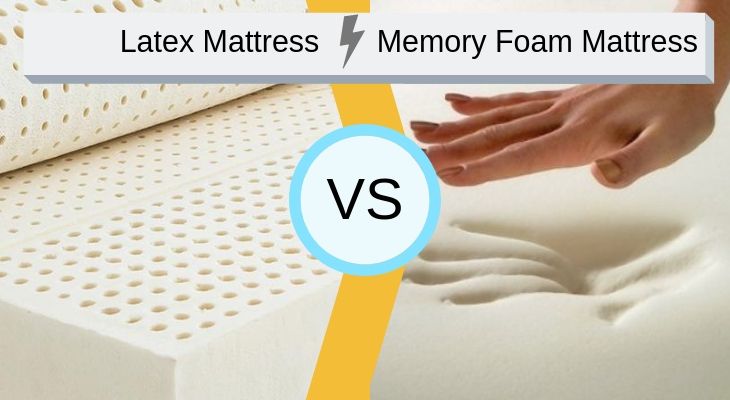
Choosing the right mattress is crucial for a good night's sleep and overall health. With so many options available, it can be overwhelming to decide which mattress is best for you. Two popular choices are foam futon and latex mattresses. Let's take a closer look at their features and benefits to help you make an informed decision.

When it comes to comfort and support, foam futon mattresses are hard to beat. Made from layers of foam, they offer a plush and cushiony feel, perfect for those who prefer a softer sleeping surface. The foam also contours to your body, providing excellent pressure relief for your joints and muscles. This makes foam futon mattresses a great choice for those who suffer from back pain or other body aches.
Latex mattresses , on the other hand, are made from natural or synthetic latex, a durable and resilient material. They have a bouncier feel compared to foam futon mattresses, making them a better choice for those who prefer a firmer sleeping surface. The natural elasticity of latex also provides excellent support for your body, promoting proper spinal alignment and reducing pressure points.
In terms of durability, both foam futon and latex mattresses are long-lasting options. Foam futon mattresses tend to have a lifespan of 7-10 years, while latex mattresses can last up to 15 years. However, latex mattresses are more resistant to sagging and indentations, making them a better investment in the long run.
Environmental impact is also an important factor to consider when choosing a mattress. Foam futon mattresses are typically made from polyurethane foam, a petroleum-based product. On the other hand, latex mattresses are made from either natural latex, derived from rubber trees, or synthetic latex, made from petrochemicals. If you're looking for a more eco-friendly option, natural latex mattresses are the way to go.
Both foam futon and latex mattresses have their unique benefits and it ultimately comes down to personal preference. If you prefer a softer and more contouring feel, foam futon mattresses are a great choice. However, if you need more support and resilience, latex mattresses are the way to go. No matter which one you choose, investing in a good quality mattress is crucial for a good night's sleep and overall well-being.
In conclusion, when it comes to foam futon vs latex mattresses, there is no clear winner. It all depends on your individual needs and preferences. Consider factors such as comfort, support, durability, and environmental impact to make the best decision for your sleep and health. Whichever mattress you choose, make sure to properly maintain and replace it when necessary for the best sleeping experience.
